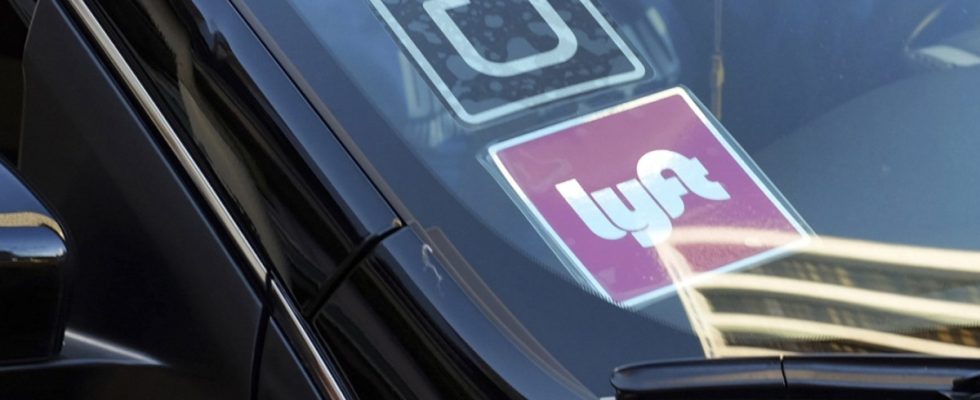From a purely mathematical point of view, one zero more or less is not a problem. Three plus zero is still three, five minus zero is still five. However, this principle only applies to additions and subtractions. Multiplying by zero changes the calculation significantly because it always results in zero. And dividing by zero makes things very complicated, it’s basically impossible. Even if the zero is appended to another number, the result changes significantly, by a factor of ten to be precise.
The Norwegian team had this experience six years ago at the Winter Olympics in Pyeongchang, South Korea. Their chef made a zero mistake when ordering the number of eggs the 121 athletes would need during the Games. He wanted to write 1,500, but he wrote 15,000. Accordingly, each of the Olympians would have had to eat 124 eggs over the 16 days that the games lasted, almost eight per day.
The US ride-hailing company Lyft, a competitor to the even better-known Uber, has now shown that even the finance department of a large, listed company is not immune to getting lost by a zero. He published the new quarterly figures on Tuesday morning. The forecast was that the adjusted profit margin would improve by 500 basis points in the current year. This is stock market gibberish, but experts could certainly make use of it. It was a sensation; rarely has a company increased its profits so much within a short period of time. Within minutes, the value of Lyft’s shares rose by more than 60 percent.
“I have never experienced something like that.”
“Adjusted profit margin” is earnings before interest, taxes, depreciation and amortization based on gross revenue. A basis point is 0.01 percentage points. Accordingly, Lyft would increase its margin by five percentage points in 2024. In the previous year the margin was just 1.6 percent. So it was a real profit explosion – if Lyft CFO Erin Brewer hadn’t sheepishly admitted half an hour after the figures were published that they had made a zero mistake: the expected increase in profit margin was 50 basis points, not 500.
The correction caused the share price to promptly crash again. However, he didn’t lose quite as much as he had previously made up. In the end there was still an increase of 16 percent, the result of which was that the bottom line was that the figures were a positive surprise, even if not quite as positive as in the first report.
Investors were still very angry. “Lyft just found a brilliant way to wipe out millions of shorts who had shorted their crappy stocks,” comments an investor on Platform ; If the stock rises sharply, you have to redeem your bet at great loss. So it’s not a zero-sum game if a stock rises quickly because of a false announcement and then falls again after the correction. Something like this shouldn’t happen, especially to a finance department that should be practiced in dealing with zeros. CNBC presenter Deirdre Bosa was stunned: “I’ve never experienced anything like that.”
On the other hand, Lyft is in good company. Even US presidents have been wrong by a zero. In September 2018, Donald Trump, otherwise known for his reliability with facts and figures, tweeted that economic growth in the USA was higher than the unemployment rate for the first time in 100 years. His economic advisor at the time, Kevin Hassett, corrected shortly afterwards: “The correct number is ten.”

